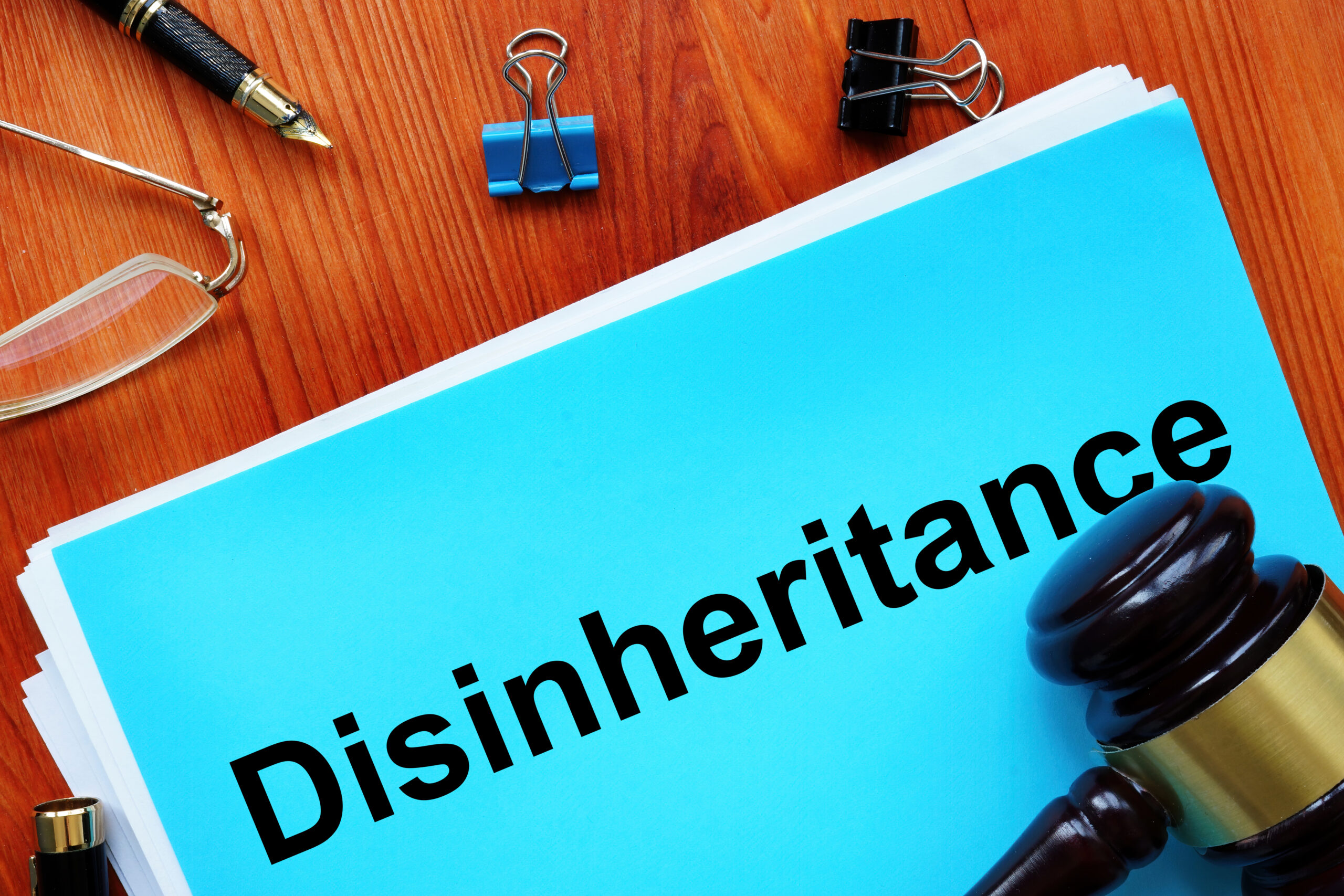Okay 30-somethings…this one’s for you.
Estate planning doesn’t really rank high on the list of priorities for Millennials (I can’t imagine why…). Being a Millennial myself, I have personally had these conversations with friends and colleagues. Typically, I get responses like “I’m buried in debt, rent, and don’t have anything to plan for anyway” or “Nothing’s going to happen to me, and I’m healthy, so I don’t need to worry about that at least until I’m older.” Estate planning, however, is not just about distributing property and assets, and the reality is that anything can happen to anybody at any given time. At the end of the day, everyone should have an estate plan regardless of their age, wealth, or marital status. Here are five-ish reasons why Millennials need even the most basic of an estate plan:
1. Yes, You Have an Estate, and You Need to Manage It
When thinking about estate planning, the first thought tends to be managing and distributing your assets and property. This includes your:
- Cash and bank accounts;
- Certificates of deposit;
- Retirement accounts;
- Stocks, bonds and other investments;
- Life insurance;
- Business assets;
- Real estate;
- Vehicle(s);
- Electronics;
- Jewelry;
- Collectibles and memorabilia, and
- Other tangible personal property.
Although you may not necessarily have everything listed, you should nevertheless outline the beneficiaries for the property you do have through the use of either a will or trust, while you still have the ability to do so.
Make Sure YOU Remain in Control
If you pass away without at least a will, you are deemed to die “intestate.” Intestacy/intestate succession is a statutory means for distributing your assets and property. Effectively, the state directs to whom your assets are distributed, and at what percentage; i.e. the state makes a will for you. Each state handles intestacy slightly differently, with different deadlines and filing requirements, but ultimately, the one commonality between them is that it is a long, expensive, complicated process.
Every person and family dynamic is different, but if you want or expect something to go to someone specific, like a parent, spouse, child, fiancé, or boyfriend/girlfriend, you need to specifically plan for that, because otherwise, your property will be distributed through intestacy, which may not align with your goals and desires.
For more information on Massachusetts intestate succession, check out our article Massachusetts Intestacy: What is it, and When is it Triggered?.
2. Appoint a Guardian for Your Children
A particularly important point for millennial parents who may think estate planning is not yet necessary for them is naming a guardian for their children. This ensures that should there be a situation where both parents are unavailable (or worse), even temporarily (vacation, medical procedures, etc.), that the person(s) they want to watch over/raise their children will be appointed. Without appointing a guardian, there will likely be family conflict and court involvement, resulting in a judge making the decision of who will raise your children for you.
This can also be especially important for same-sex couples who are married with children. Sometimes questions can arise about custody for children that may be only be biologically related to, or adopted by, one partner.
What are Guardians and Conservators?
This topic is worthy of its own post, but in a nutshell, guardians/conservators are typically appointed by the court to care for an individual when they are determined to be permanently or temporarily mentally or physically incapacitated, or may be a minor (the “ward”). However, It is possible to appoint both a guardian and conservator for yourself and/or a child in your estate planning documents, and the court will typically defer to your wishes.
- Guardians make the personal day-to-day decisions for the ward concerning their education, general well-being, medical care and insurance, ensuring they are fed and clothed, among other things.
- Conservators handle the financial matters for the ward.
How to Appoint?
Two ways parents can name a Guardian/Conservator for their children is through:
- Drafting a temporary appointment form to appoint a temporary Agent (for up to 60 days), and
- Appointing a person or persons as Guardian/Conservator for their children in their will.
Who is appointed oftentimes becomes a point of contention. If you have children, think about who you would want to raise them should the worst happen. Think about your spouse, partner or the other parent. Think about your family, and their family. Do your desires align? Usually this ends up in an argument over which set of grandparents will be named. However, you are not limited to family; you can name trusted friends or other relatives. It’s up to you!
3. Provide for Your Pets
Millennials aren’t having kids like they used to. Millennials do, however, make up the largest percentage of current pet owners in the United States. While it’s not always talked about when thinking about estate planning, providing for pets is possible. In fact, both Massachusetts and New Hampshire allow for the creation of trusts for the care of animals. These trusts effectively direct a trustee to pay for the care of a beneficiary pet. Pets are considered to be personal property, and without specific pre-planning through a will or trust, could be “distributed” much in the same manner as other tangible personal property. In some cases there have even been custody battles over pets!
One of the most famous cases of an inheritance being left to a pet is Leona Helmsley, who left her dog, Trouble, $12 million dollars back in 2007.
4. Prepare for Incapacity
Beyond planning for the management and distribution of your property and assets, an estate plan provides you with the means to outline your medical wishes, as well as plan how to handle financial matters should you become incapacitated. Incapacity is not something that solely affects the aging or elderly – whether through injury, illness, or accident, everyone faces the risk of becoming incapacitated, or unable to make their own decisions, even temporarily.
Health Care Proxy/Living Will
Through the use of a health care proxy, you can name an agent to make health care decisions on your behalf when you are unable to do so. In a living will, you can outline your wishes for those difficult end of life scenarios – effectively your medical directives.
Durable Power of Attorney
In the event that you become incapacitated and/or unable to make financial decisions, you need to name an Agent (or Attorney-in-Fact) through a Durable Power of Attorney, to manage your finances and other affairs. A power of attorney can also prove useful in times you may be unavailable, even temporarily. You can grant authority for an Attorney-in-Fact to, among other things:
- Access bank accounts;
- Authority to pay bills;
- Handle tax matters;
- Authority to buy/sell/lease real estate, and
- Bring lawsuits on your behalf.
There are certain requirements and considerations for a power of attorney, including making sure that it is “durable,” determining when it becomes effective, and making sure a trustworthy person is named as an attorney-in-fact. Powers of attorney can be worded to grant as broad or limited powers as desired, though you want to be sure not to limit it so much as to render it ineffective.
For more information about health care proxies, living wills, and powers of attorney, check out our Estate Planning Basics article.
5. Save Your Family and Loved-Ones Stress, Time, and Money
Dying intestate (without any estate planning documents), not naming a health care agent or attorney-in-fact, nor having any end of life medical directives, can cause your loved ones to expend significant time and money fighting amongst each other over who gets what, or who is going to make a difficult medical decision. The goal should be to provide your grieving family with certainty, or at the very least, a direction and understanding of your wishes. Absent any planning, a court will undoubtedly be involved to either go through the probate process, or to make a decision on who the judge thinks is best to handle your affairs (i.e. naming a personal representative you may not have desired), and in some circumstances, the judge may even make medical decisions on your behalf.
Avoid Probate
Avoiding probate is one of the most common reasons people initially seek estate planning services. Probate is the legal process that occurs after a person dies (the “decedent”) either with or without a will. It is the process by which the decedent’s will, if one exists, is validated and authenticated. Setting up an estate plan along with proper titling of assets/property can remove that property from your probate estate, thus saving your family great time and expense.
For more about probate in Massachusetts, check out our two-part blog series about Massachusetts probate – Part 1 discusses what probate is, and filing requirements, and Part 2 discusses ways of removing assets from your probate estate to save your family the time and expense of going through the probate process.
For a personalized review of your current estate, schedule a free consultation to discuss estate planning options, and determine what plan will be best for you and your family.
No information in this blog post is to be construed as, nor is intended to be, legal or tax advice. Consult with competent legal counsel and/or tax professionals prior to taking any action. Do not rely on any information contained in this blog post as the law changes from time-to-time and this blog post may not be updated to reflect those changes.
© Zuccaro Law, LLC. All Rights Reserved.






